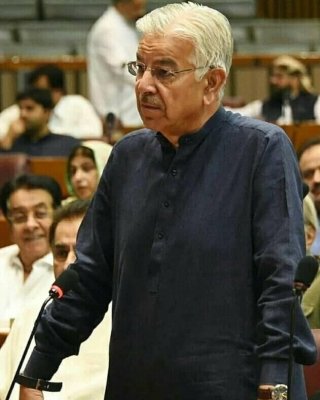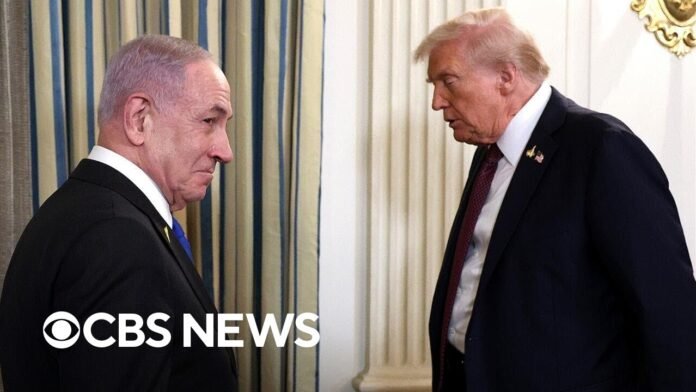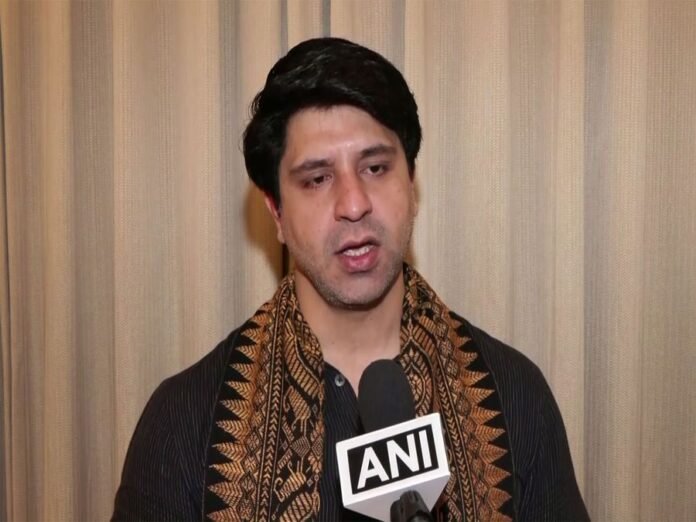Pakistan’s Defence Minister Khawaja Asif recently sparked headlines by admitting that his country feels closer to China than the US, especially as the two superpowers keep clashing. This comes right when Pakistan’s leaders are pushing hard to strengthen ties with Washington.
In a candid interview with British-American journalist Mehdi Hasan in New York—during the United Nations General Assembly (UNGA) session—Asif explained that defence cooperation with China is growing fast. He pointed to the “unreliability” of other partners, like the US, as a big reason. “Defence cooperation is increasing with China because of the unreliability of other sources, like the US,” he said.
The timing couldn’t be more ironic. Around the same time, Pakistan’s Prime Minister Shehbaz Sharif met US President Donald Trump at the White House on September 25. Sharif brought along army chief Gen Asim Munir for the 80-minute chat, though they waited about 30 minutes while Trump handled other business. Asif, who defends Pakistan’s “hybrid model” of shared political and military leadership, highlighted the nation’s “time-tested relationship” with China dating back to the 1950s. He called Beijing a reliable supplier of arms and more.
But Asif’s words raise tough questions about Pakistan’s foreign policy. He even used the term “flirtatious” to describe dealings with the US, suggesting no clear agenda. Does this mean the White House meeting was just a charm offensive, or did it involve some secret task? Asif also stressed that Pakistan can’t bet its “strategic future” on both the US and China at once.
Pakistan finds itself squeezed in the growing US-China rivalry, all while grappling with a crumbling economy and unrest in its tribal areas. The Sharif government, like many before it, wants tighter security links with Washington. At the same time, it’s deepening partnerships with border neighbor China through projects like the China-Pakistan Economic Corridor.
Asif’s shift toward China echoes his past criticisms of the West. He once blasted them for using Pakistan to do their “dirty work” against the Soviet army in Afghanistan during the 1980s. Yet he glosses over US help, such as sending the Seventh Fleet in 1971 to support Pakistan amid the Bangladesh liberation war—though India’s quick moves with the Soviet Union at the time thwarted it.
He’s also overlooking recent tensions with China. Beijing has reacted strongly to attacks killing Chinese workers on Pakistani infrastructure projects and even hinted at pulling funding from key road links.
In a 2023 interview, Asif vented frustration over the US ditching Pakistan after the Soviet-Afghan War, leaving the country “high and dry.” He added that history repeated itself when the Taliban took power in Afghanistan three years ago, with Pakistan bearing the fallout again.
Today, Pakistan’s economy is in deep trouble. Western aid groups have stepped in with billions, but heavy Chinese investments are pushing Islamabad into a debt trap. As Asif put it earlier, Pakistan’s prime spot on the map draws strategic interest—but it also invites vulnerabilities that make life harder.
Stay informed on all the latest news, real-time breaking news updates, and follow all the important headlines in world News on Latest NewsX. Follow us on social media Facebook, Twitter(X), Gettr and subscribe our Youtube Channel.



